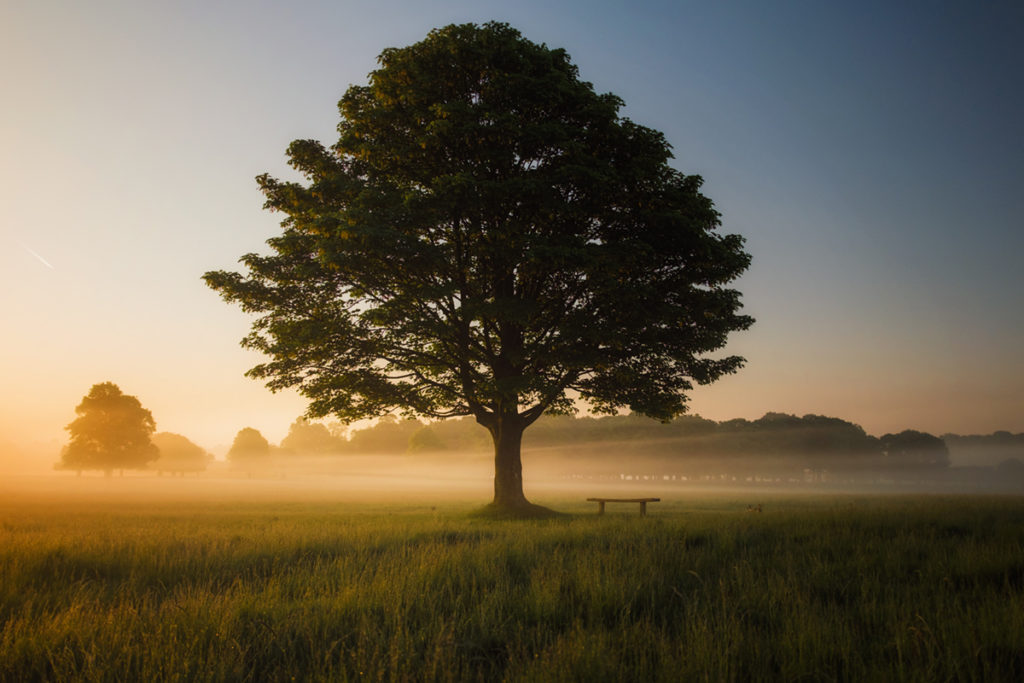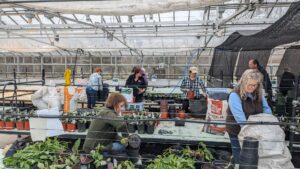Compost for Good has composted every type of food waste, animal mortalities, and human urine. Are human remains the next frontier in organics upcycling? John Culpepper of Compost for Good takes a look at the growing practice of Natural Organic Reduction:
The issue of how to treat human remains is a sensitive one; with as many traditions as there are cultures, and I have great respect for all who help families through this process.
Conversations around this topic often lead to two conclusions about what to do with the deceased: either traditional cemetery burial or cremation. However, there are several alternatives that have been emerging over the past couple of years. One is called “natural organic reduction,” or composting.
This is an option that is now legal in three states, with the bills advocating for this process introduced in several other state legislatures. In 2021, Assemblymember Amy Paulin introduced a bill to legalize natural organic reduction in New York. Washington State, as the first state to legalize the practice of natural organic reduction, is the home of the country’s first funeral home to offer human composting, Recompose. You can learn more about Recompose in this article from People magazine.
According to the US CDC, there are an average of 2,854,838 deaths each year in the United States, and by a larger margin every year, Americans are choosing cremation over traditional burial. Choosing to become compost does not appeal to everyone, but for many individuals who strive to live eco-conscious lives, it offers an alternative to the more traditional methods, which can have significant environmental impact.
By some accounts, up to 30 gallons of fuel are used for each cremation. That’s almost 35 million gallons of fuel each year to cremate the remains of those just in the US.
An article in the Business Insider reported that conventional burials in the US every year use 30 million board feet of hardwoods, 2,700 tons of copper and bronze, 104,272 tons of steel, and 1,636,000 tons of reinforced concrete. The amount of casket wood alone is equivalent to about 4 million acres of forest and could build about 4.5 million homes.
Not only is the method of composting human remains less costly than the more traditional methods, it is a significantly greener, more sustainable practice. The organic material which results from human remains composting provides not only plant nutrients, but also adds life-giving organic matter back into the soil. The act of scattering cremated ashes is practiced by many cultures across the globe. Could this ritual become more powerful with the knowledge that not only are we honoring a loved one’s memory but that their physical body lives on in a very real way through the flowers, plants, and trees that their remains help to nurture?
Would I consider this option for myself? Absolutely I would. In fact, I can imagine one day, in Upstate New York, several beautiful parks devoted to accepting the compost from this process, with accommodations for families to spend time walking among the beautiful landscape that is thriving thanks to their loved ones.
Natural organic reduction is not for everyone, but my hope is that this will soon become another option for families in New York State.

John Culpepper, Compost for Good




